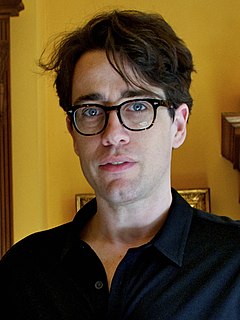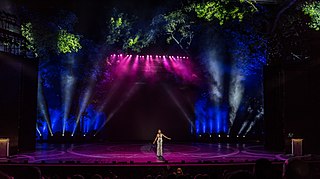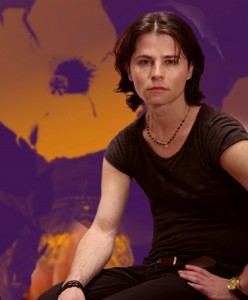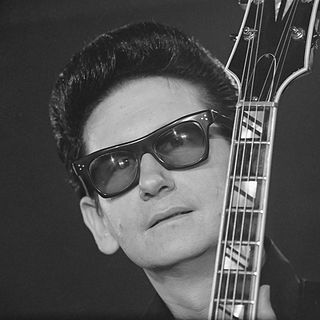A Quote by Pope John Paul II
Beauty is the vocation bestowed on the artist by the Creator in the gift of artistic talent.
Related Quotes
What is an artistic picture? An artistic picture is very simple. The creator is not the producer. The creator is not the star. The creator is the director, the person who realizes the picture, like a poet, like an artist. The creator of the picture is free to do whatever he wants, how he wants to do it. That is an artistic picture.
The creativity that comes from silence, from a quiet heart, feels different from that of ambition to both the creator and the observer. When the artist or the worker is out of the way, both the creator and the observer experience the art as simply a gift, an expression of the impersonal intelligence shared by all. The creator has no need to take credit for it, the observer no need to possess it.
Any artistic achievement that is tailored to conform to social demands rather than to the real, uninhibited, feelings of its creator, is destined not to reach the heights of achievement, or even fail. It is only when an artist is dis-inhibited that he or she can reach the heights of artistic achievement.
Finally, this is one way to reconcile the delight in beauty with the bourgeois life. Aschenbach, on one reading, has spent virtually all of his adult life balancing his restrained homosexuality, which is bound together with his sensitivity to beauty and thus with his artistic vocation, against the demands of conventional society.
To me, paintings are about beauty. They are very feminine, and beauty is something very feminine. For a long time, people would talk with me about identity. I don't have issues with identity, I just follow this kind of feminine beauty because I became a victim of my art, which I think is the best thing for an artist. So many artists use their talent, but with the best artists, their talent uses them.








































